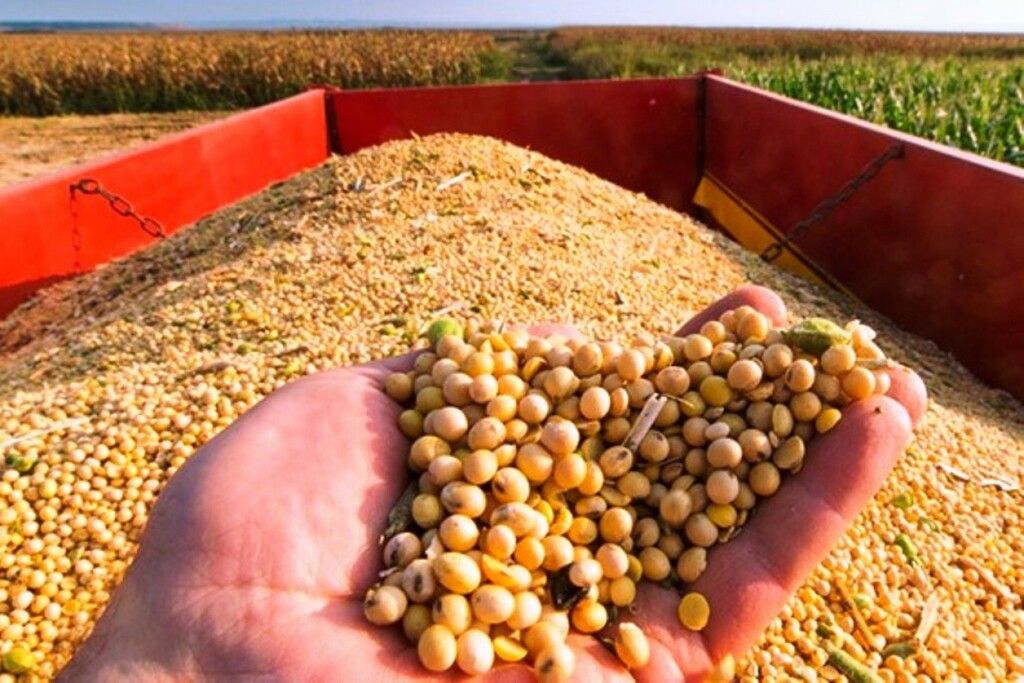Thailand notified the World Trade Organization (WTO) of a low use of import quotas for products such as coffee, corn, soybeans and sugar in 2021.
Specifically, the Thai government reported the following TRQ fill rates: coffee: 55.4%; fodder corn: 0%; soybean oil and its fractions: 0%; and cane or beet sugar: 3.4 percent.
In this regard, the Brazilian government made a request. It asked Thailand to provide information on the market situation. This information would explain the low volume of imports under the mentioned tariff quotas. Additionally, the government requested details on the volume of imports carried out outside the quota.
Thailand replied that it imported a total of 60,066.23 tons of coffee in 2021, of which 92% was imported under the ASEAN Free Trade Agreement (FTA), whose tariff is lower than that applied under the WTO. .
Other origins of imports were Switzerland, the United States, the United Kingdom, Brazil and Italy, in that order.
Corn
Consequently, the quota fill rate for coffee was less than 65 percent.
At the same time, Thailand imported a total of 1.8 million tons of feed corn from ASEAN countries alone under the ASEAN FTA, with zero tariff and no quotas.
This explains the zero utilization rate for feed corn.
On the other hand, the low utilization rate of soybean oil (soybean) can be explained by the market situation.
In 2021, Thailand imported 3.9 million tons of soybeans (soybeans), mainly from Brazil, which are typically ground in oil facilities to extract the oil and protein meal.
In this regard, a large import volume of soybeans led to a high production of soybean oil, which caused the low rate for soybean oil.
Finally, the low utilization rate for cane or beet sugar can be explained by the market situation, in particular the low demand.
Thailand is one of the world’s largest exporters of sugar. In 2021, its production was about 7.5 million tons, while domestic demand was about 2.5 million tons.

